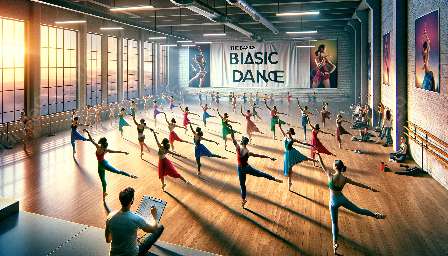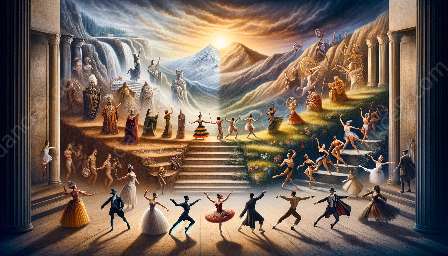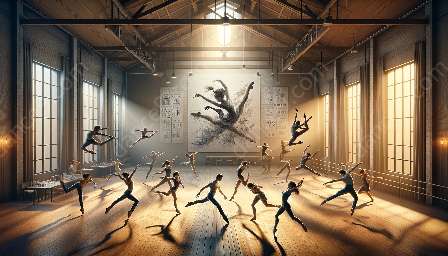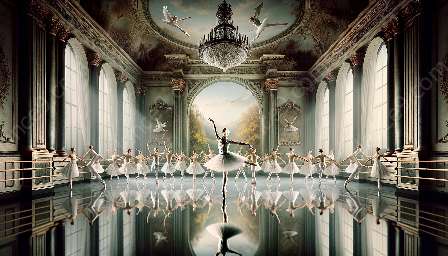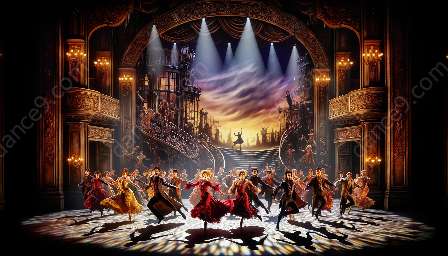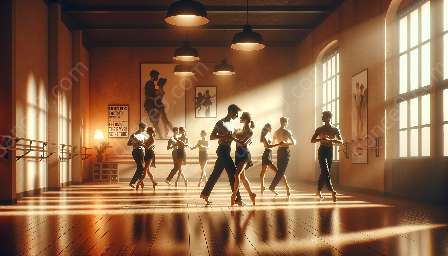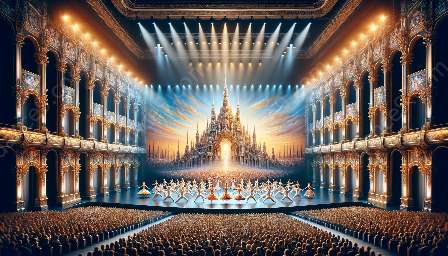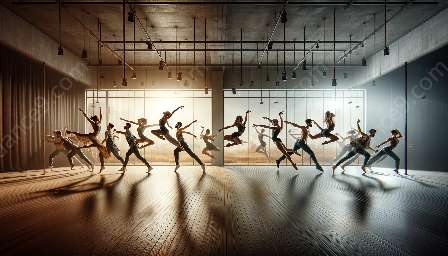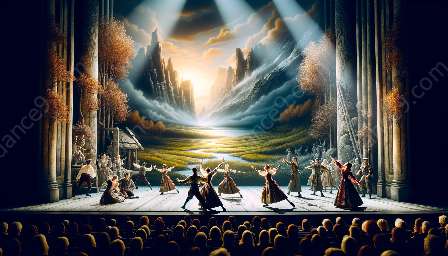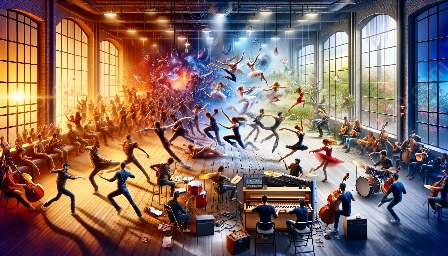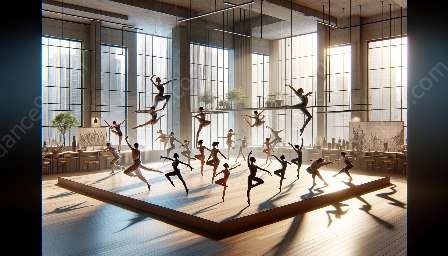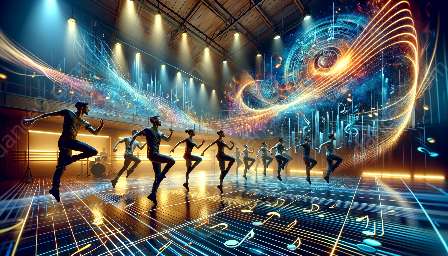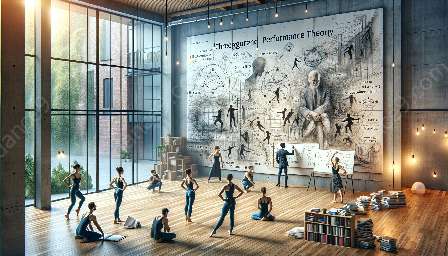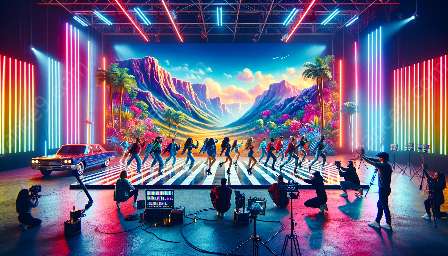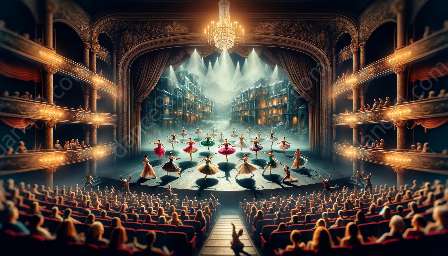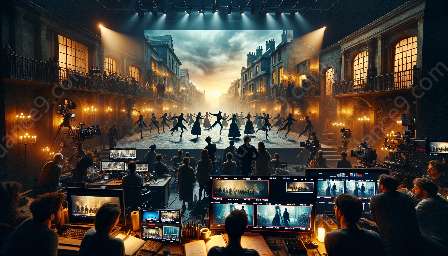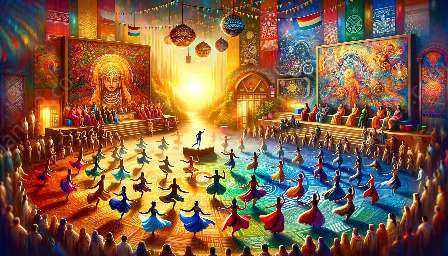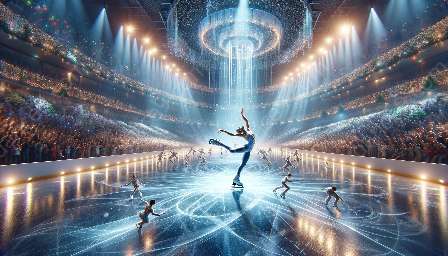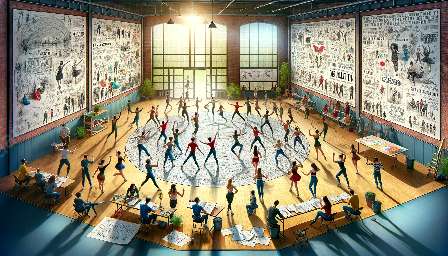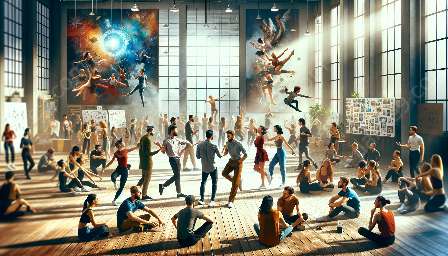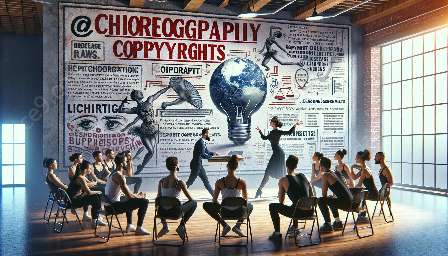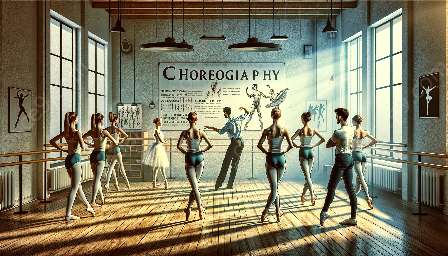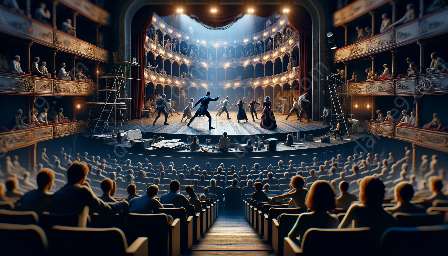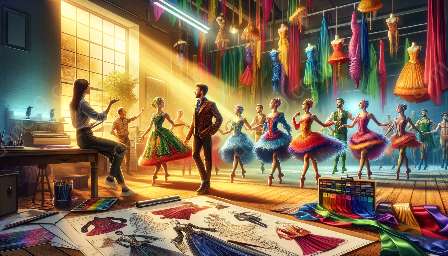Choreography copyright and rights have a significant impact on the ethical considerations within the realm of expressive arts. Choreographers invest their creativity, time, and effort into their choreographed works, and it is crucial to understand the ethical implications and legal rights associated with choreography. This topic cluster will delve into the ethical considerations surrounding choreography copyright, exploring the rights and regulations that protect choreographers' work.
Understanding Choreography Copyright and Rights
Choreography copyright refers to the exclusive legal right to produce, reproduce, perform, or display a choreographic work. Choreographers are the creators of original dance routines and movements, and they are entitled to protect their works through copyright laws. This legal protection allows choreographers to control the use of their choreography, obtain recognition for their creativity, and financially benefit from their intellectual property.
Furthermore, choreography rights encompass the moral and economic rights of choreographers. Moral rights enable choreographers to claim authorship of their choreography and protect the integrity of their works. On the other hand, economic rights empower choreographers to exploit their choreography for financial gain, such as licensing, distribution, and public performance.
Respecting Choreographers' Creative Ownership
Respecting choreographers' creative ownership is a fundamental ethical consideration in choreography copyright. The creative process of choreography involves personal expression, artistic vision, and emotional investment. Choreographers pour their intellect and emotions into their creations, shaping unique and meaningful dance compositions. Therefore, it is essential for individuals and organizations to recognize and honor the creative ownership of choreographers.
When utilizing choreographic works, it is imperative to seek permission from the choreographers and attribute the works appropriately. Adhering to ethical principles of attribution and acknowledgment demonstrates respect for the choreographers' creative input and acknowledges their contribution to the art form. Additionally, acknowledging choreographers' creative ownership fosters a culture of artistic integrity and mutual respect within the dance community.
Addressing Plagiarism and Unauthorized Use
One of the ethical challenges in choreography copyright pertains to addressing plagiarism and unauthorized use of choreographic works. Plagiarism, which involves the unauthorized replication or adaptation of choreography without permission or attribution, undermines the ethical standards of creative practice. It disregards the originality and intellectual efforts of choreographers and infringes upon their rights as creators.
Choreographers, dance companies, and educational institutions must take proactive measures to prevent and address plagiarism in choreography. Implementing transparent policies and guidelines for the ethical use of choreographic works can help deter unauthorized usage and uphold the integrity of choreographers' intellectual property. Educating dancers, educators, and choreographers about the ethical implications of plagiarism is crucial for promoting ethical conduct and upholding the principles of choreography copyright.
Promoting Fair Compensation and Recognition
Ensuring fair compensation and recognition for choreographers is a vital ethical consideration within the realm of choreography copyright. Choreographers invest substantial time, creativity, and expertise in developing choreographic works, and they deserve equitable compensation for the commercial use and dissemination of their creations. Fair compensation not only rewards choreographers for their artistic contributions but also supports their livelihood and sustains the development of dance as a professional art form.
Furthermore, promoting recognition for choreographers' works contributes to the preservation and appreciation of diverse choreographic practices. Recognizing the cultural, historical, and artistic significance of choreography enriches the dance community and upholds the ethical imperative of honoring choreographers' contributions to the art form.
Embracing Ethical Collaboration and Innovation
Embracing ethical collaboration and innovation is paramount in fostering a culture of integrity and creativity within choreography copyright. Choreographers, dance professionals, and artistic institutions should prioritize ethical collaboration, transparent communication, and respectful engagement in creative processes. Encouraging ethical conduct and integrity in collaborative endeavors strengthens the ethical fabric of choreography copyright, ensuring that creative partnerships uphold the rights and creative agency of choreographers.
Moreover, nurturing a climate of innovation and originality promotes the emergence of new choreographic voices and artistic expressions. Ethical considerations in choreography copyright encompass the encouragement of diverse perspectives, innovative approaches, and respectful exploration of movement vocabulary. By embracing ethical collaboration and innovation, the dance community can uphold the ethical imperatives of choreography copyright while advancing the evolution of choreographic art.
Conclusion
Choreography copyright and rights intersect with a myriad of ethical considerations that underscore the significance of safeguarding choreographers' creative integrity, intellectual property, and professional recognition. Understanding and upholding ethical standards in choreography copyright is essential for nurturing a culture of respect, fair compensation, and ethical collaboration within the dance community. By recognizing the ethical considerations in choreography copyright, society can support the sustainable growth and flourishing of choreographic art, honoring the creative contributions of choreographers and preserving the artistic heritage of dance.

